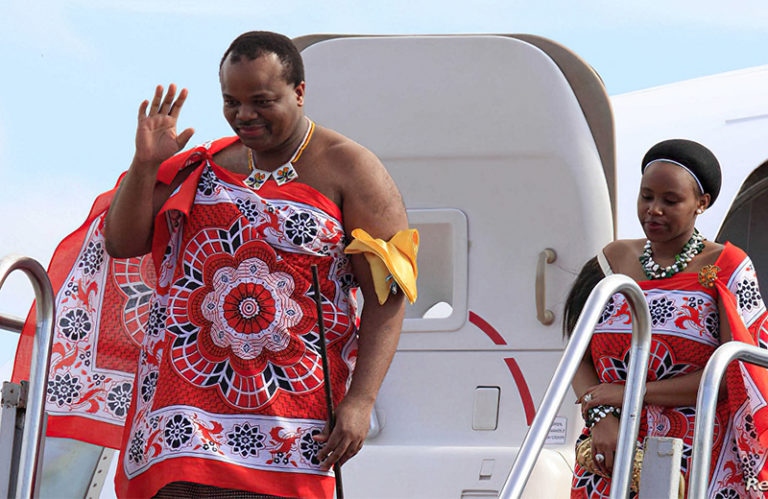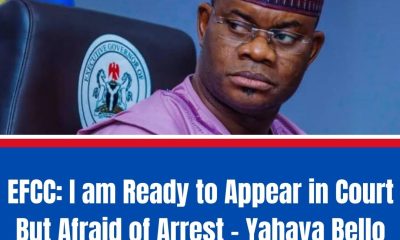World News
Why Eswatini is Banning Facebook Amid Deadly Protests

MTN Eswatini and other mobile network operators have reportedly been ordered by the country’s government to suspend access to Facebook and its messenger app “until further notice.”
This comes as Africa’s last absolute monarchy has been rocked by another week long surge of pro-democracy protests. Earlier this year in July, protest action began in the Southern African kingdom and escalated to the point where 8 people lost their lives and a further 28 were reported critically injured. During that first bout of protests, the government imposed a wide-ranging internet ban, similar to this Facebook ban.
The news comes from MTN’s Eswatini branch via a statement that reads, “The business has implemented the directive and access to Facebook and Facebook Messenger has been suspended. … We will continue engaging with the relevant stakeholders to minimise the impact and duration of the service disruption.”
There is still no official word from MTN on why it was ordered to ban access to Facebook, but social media bans during protests or riots are usually a tactic to control and limit the organisation of protesting groups via social media, as well as the spread of any media that governments may not want to be shared – like incriminating videos of police brutality, for example.
TechCabal reports that African countries have, over the years, been plagued by social media and internet shutdowns in efforts to quell dissent before elections or in response to protests against governments.
Between January 2020 and February 2021, internet and social media blackouts were imposed in Uganda, Chad, Tanzania, and Ethiopia. During the #EndSARS protests in Nigeria last year, the West African country’s Federal Government began planning to implement social media-controlling legislation to allegedly quell future protests.
“Eswatini Protests” is currently one of the top trends in South Africa on Twitter, following the trend reveals videos of alleged acts of violence against unarmed Eswatini citizens by government authorities.
The President of South Africa, Cyril Ramaphosa, has appointed a set of envoys to Eswatini in the hopes of bringing an amicable end to the violent protests.
By Luis Monzon
Follow Luis Monzon on Twitter
Follow IT News Africa on Twitter
-

 News6 days ago
News6 days agoCourt orders Becky Buodeigha alias Becky Minaj, CEO of BM Secrets to pay Baraza N7m
-

 Politics5 days ago
Politics5 days agoEFCC: I am Ready to Appear in Court But Afraid of Arrest – Yahaya Bello
-

 News1 day ago
News1 day agoYahaya Bello: American International School Of Abuja Has Transferred $760,910.84 To EFCC Out Of $845,852
-

 Politics5 days ago
Politics5 days agoCourt dismisses suit seeking Diri’s disqualification, awards N500,000 Fine
-

 Business5 days ago
Business5 days agoAgain, Dangote reduces diesel, aviation fuel prices to N940, N980
-

 Sports6 days ago
Sports6 days agoSamson Siasia Reveals How Poorly NFF Treats Nigerian Coaches
-

 Politics3 days ago
Politics3 days agoONDO 2024/ Akeredolu’s ex-deputy Agboola wins PDP governorship election primary.
-

 Politics2 days ago
Politics2 days agoGov Ododo reiterates commitment to weed criminals out of Kogi




